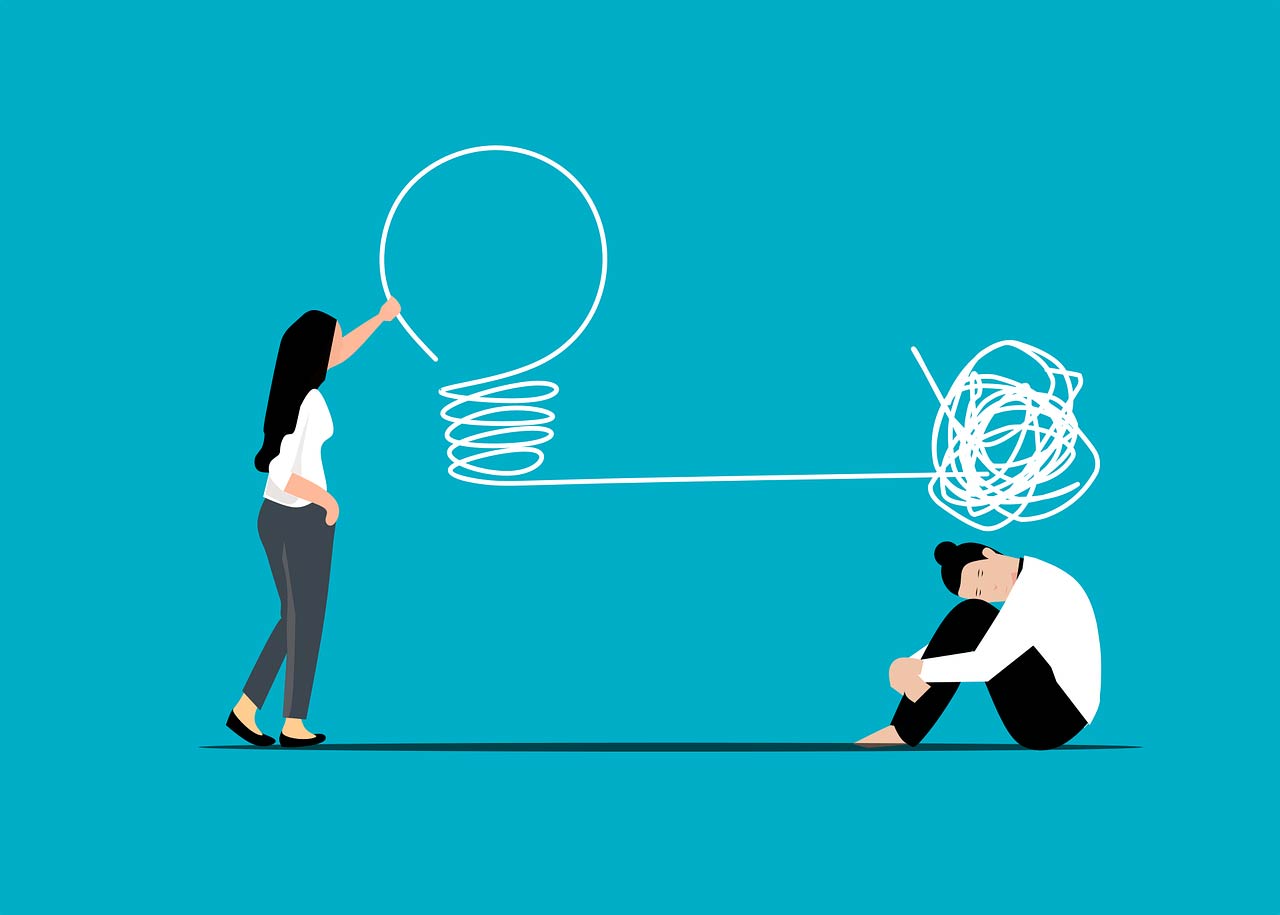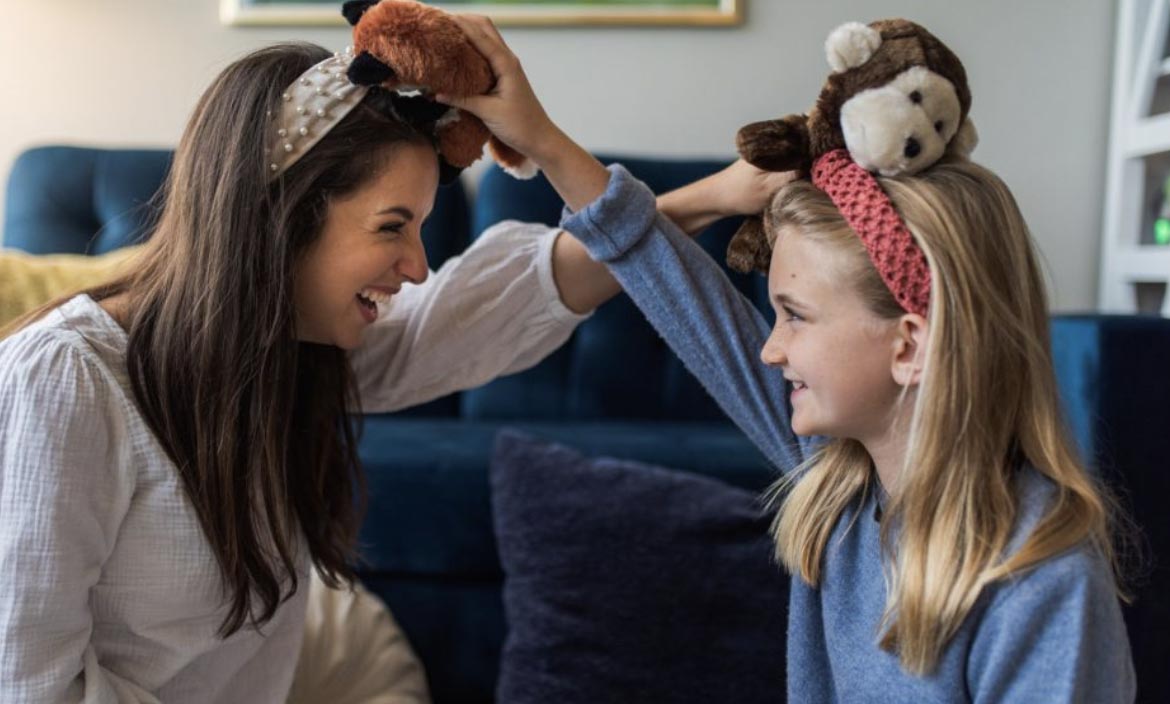Child, Adolescent & Young Adult Therapy

- Emotional Challenges:
Anxiety, depression, stress, anger, mood swings, self-esteem issues, or emotional overwhelm - Life Transitions:
School changes, family separation or divorce, college transitions, identity exploration, relationship issues, or peer pressure - Behavioral Concerns:
Defiance, frequent tantrums, acting out at school or home, attention difficulties, impulsivity, or trouble following directions - Trauma and Loss:
Experiences of bullying, abuse, accidents, illness, grief, or other significant stressors - Developmental Disorders:
Support for ADHD, learning challenges and executive functioning difficulties
No issue is too small to bring into therapy. If your child or teen is showing signs of distress—or if you’re simply worried that something feels “off”—we’re here to help you explore the next step.
Therapy offers a proactive, healing space to:
- Process difficult emotions in a healthy way
- Build emotional regulation and resilience
- Develop communication and social skills
- Learn effective coping strategies
- Strengthen the parent-child relationship
- Foster a greater sense of identity, agency, and confidence
Early intervention leads to better outcomes. The earlier we help kids and teens build these skills, the better prepared they’ll be to thrive—now and into adulthood.

Evidence-Based Techniques We Use Include:
- Cognitive Behavioral Therapy (CBT):
Helps young people identify and shift unhelpful thoughts and behaviors. Often used to address anxiety, depression, and negative self-talk. - Dialectical Behavior Therapy (DBT) Skills:
Teaches mindfulness, emotion regulation, distress tolerance, and interpersonal effectiveness—especially helpful for teens with intense emotions or impulsive behaviors. - Play Therapy (for children):
Offers a developmentally appropriate way for kids to express emotions, make sense of their experiences, and build emotional vocabulary through play and storytelling. - Mindfulness and Relaxation Techniques:
Supports stress reduction, emotional awareness, and calming strategies for kids, teens, and young adults. - Social Skills Training:
Builds confidence and improves peer interactions through practice in communication, empathy, problem-solving, and conflict resolution.
Each treatment plan is created with the individual’s unique needs, strengths, and goals in mind—and evolves as they grow and change.
- Understand and name their emotions
- Improve self-regulation and coping skills
- Strengthen attention and listening
- Reduce disruptive or defiant behaviors
- Heal from trauma or loss in a safe, age-appropriate way


- Cope with academic, athletic or social stress
- Manage anxiety, sadness, or low motivation
- Build self-esteem and resilience
- Manage “performance anxiety” related to sports, tests and public speaking
- Develop healthy boundaries and relationships
- Prepare for independence and life beyond high school

- Cope with anxiety, depression, or burnout
- Navigate college stress and emerging adulthood
- Build confidence in decision-making
- Manage “performance anxiety” related to sports, tests and public speaking
- Strengthen life and executive functioning skills
- Explore career paths and future goals
- Heal from past trauma or childhood wounds
Parents and caregivers are essential partners in this process. While confidentiality is always respected, we collaborate with families to ensure consistent support and communication, especially with younger children.
